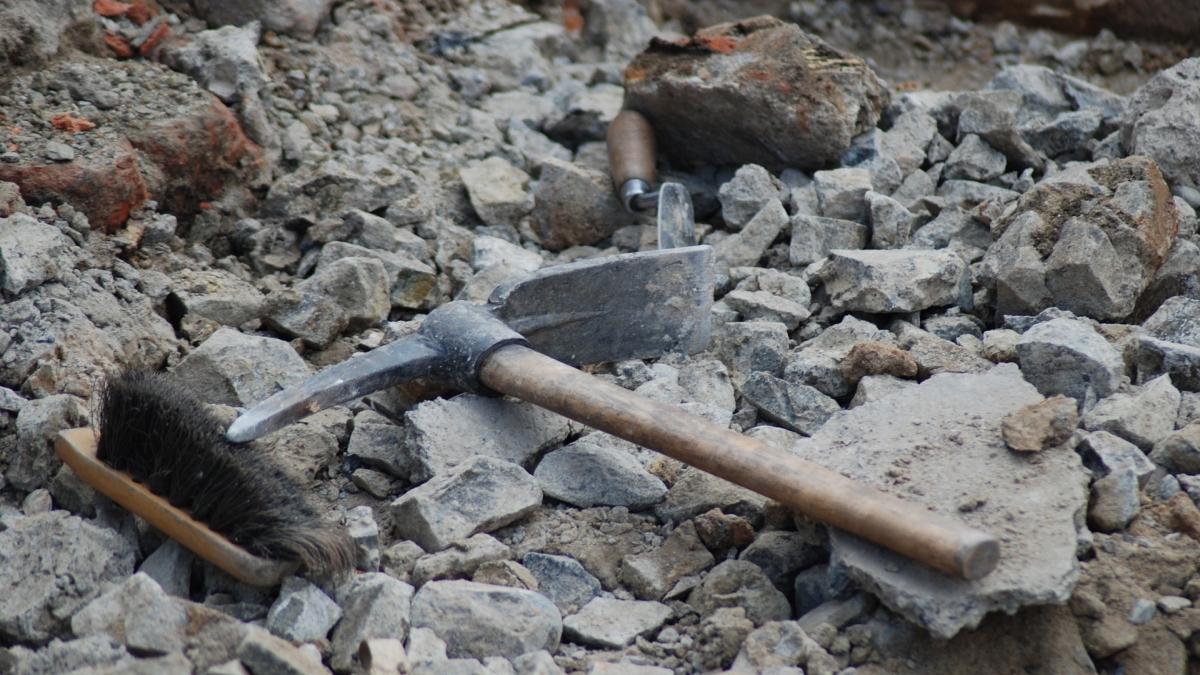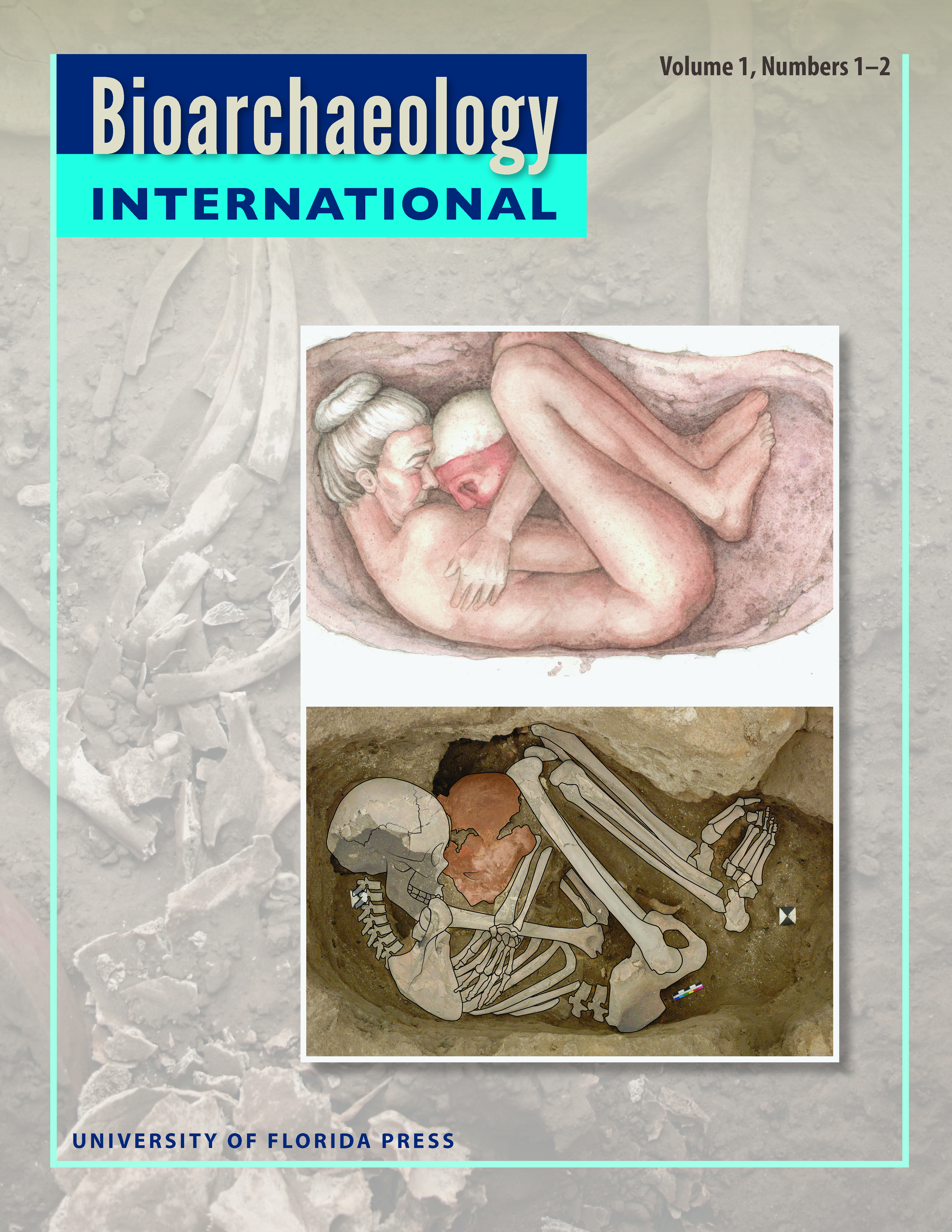Bioarchaeology is a young but quickly growing field that studies how people from the past lived and died, and is most often described as a combination of biological anthropology, archaeology and social theory. However, this field also faces a problem: There are many different approaches to and even definitions of bioarchaeological research, making it difficult to share findings across disciplines, organizations and geographic borders.
Bioarchaeology International is a new, first-of-its-kind journal specifically dedicated to bioarchaeological research. Its goal is to help unify perspectives by providing a space for peer-reviewed articles and encouraging global discussion. The quarterly publication, which will appear in print and online, will release its inaugural issue on June 30.
“This is a platform for bridging the archaeological focus on mortuary behavior, ritual and cemetery organization with the more biological focus on skeletal remains,” said Brenda Baker, co-editor of the journal. Baker is an associate professor in Arizona State University’s School of Human Evolution and Social Change and a bioarchaeologist with the school’s Center for Bioarchaeological Research.
Bioarchaeology is unique in its interdisciplinary nature, investigating both the material and the biological evidence left behind in the grave. Although different factions may emphasize one side over the other, in the journal’s introductory article, BakerBrenda Baker is an associate professor in the School of Human Evolution and Social Change, a core faculty member of the school’s Center for Bioarchaeological Research and director of the Bioarchaeology of Nubia Expedition. Her research encompasses bioarchaeology, mortuary archaeology, human osteology and paleopathology, emphasizing the investigation of human skeletal remains within their archaeological contexts to reconstruct past lifeways and the health status of ancient people. and her co-editor Sabrina Agarwal of the University of California Berkeley argue that integrating these aspects is what allows researchers the clearest understanding of ancient people’s life experiences.
Two of the papers that will be published in the first edition of the journal, for example, explore how the dead were handled by the living in Neolithic Ireland and Turkey. By studying both how graves were used and how bodies were treated, researchers are able to learn about the social significance behind mortuary traditions.
These bioarchaeologists are answering questions about past societies that are of special interest to today’s modern readers, social scientists and policy makers, such as how humanity has historically responded to challenges like disease, climate change, migrations and inequality. With current research trends focusing on the life experiences of individuals and the use of rapidly advancing techniques in biogeochemical analysis and molecular biology, the journal promises to be a wealth of relatable, relevant and cutting-edge findings.
Although bioarchaeology has many branches, with Bioarchaeology International, these schools of thought now have a vetted public forum to explain their research, exchange ideas and stand together in their common goal to better understand the human experience.
The first edition of Bioarchaeology International will be available at bioarchaeologyinternational.com on June 30. Read the open access introduction to the journal.
The journal is currently accepting submissions, particularly those from around the globe using varying scales of analysis that focus on theoretical and methodological issues in the field. More information, including how to submit to the journal, can be found at bioarchaeologyinternational.com.
More Science and technology
2 ASU faculty elected as fellows to National Academy of Inventors
Arizona State University faculty members Bertram Jacobs and Klaus Lackner have been elected as fellows to the National Academy of Inventors (NAI). Both are being honored for research that…

Harvesting satellite insights for Maui County farmers
Food sovereignty can refer to having access to culturally significant foods, but Noa Kekuewa Lincoln believes it goes farther than that.“I think the concept goes beyond the foods themselves to having…

Google grant creates AI research paths for underserved students
Top tech companies like Google say they are eager to encourage women and members of historically underrepresented groups to consider careers in computer science research.The dawn of the era of…

